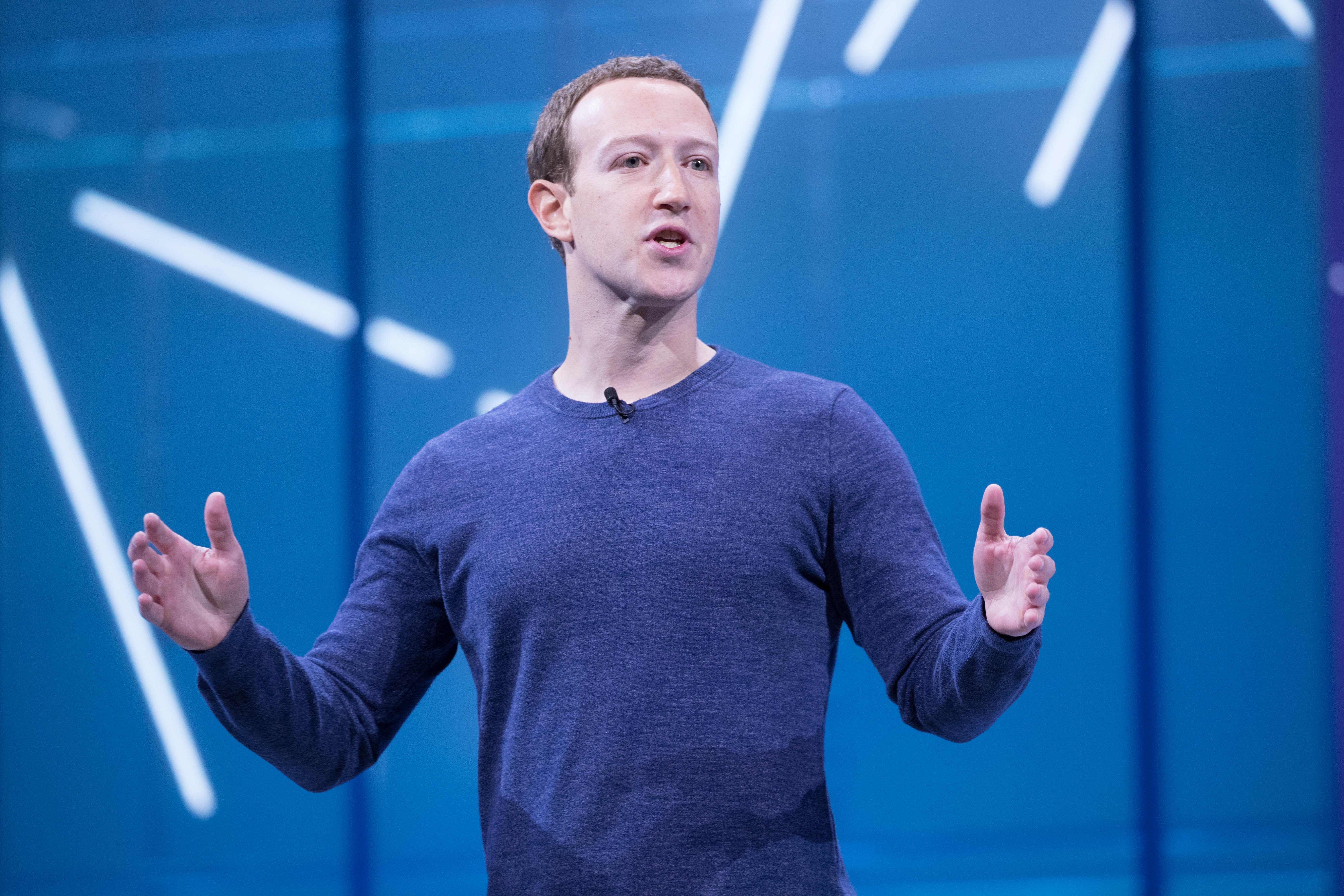Democratic senator and presidential candidate Elizabeth Warren announced proposals in March to break up Silicon Valley tech heavyweights like Facebook and Amazon that, she claims, have become so large that they stifle competition. While Warren has been the most direct in this line of criticism, other Democratic candidates, including California senator Kamala Harris and Stanford alumnus Cory Booker, have also echoed — with varying levels of caution — Warren’s concerns that large tech giants are becoming monopolistic.
But in a leaked audio recording obtained by The Verge on Tuesday, Mark Zuckerberg — the CEO of Facebook who has seen a fair share of controversy in the past year — said he’s ready to “go to the mat” in a legal battle and fight Warren’s efforts at breaking up the social media company.
“You have someone like Elizabeth Warren who thinks that the right answer is to break up the companies,” Zuckerberg said in the recording of a question and answer session he held with employees over the summer. He added that if Warren was elected president, there would probably be a legal challenge — “and I would bet that [Facebook] will win the legal challenge.”
It would “suck,” Zuckerberg added. “I don’t want to have a major lawsuit against our own government. But look, at the end of the day, if someone’s going to try to threaten something that existential, you go to the mat and you fight.”
Breaking up companies like Facebook, Google or Amazon, many of which are headquartered in Silicon Valley, wouldn’t get to the root of the issue, Zuckerberg noted.
“It doesn’t make election interference less likely,” he said. “It makes it more likely because now the companies can’t coordinate and work together.”
After Zuckerberg’s comments went public, Warren shot back on Twitter, writing that “what would really ‘suck’ is if we don’t fix a corrupt system that lets giant companies like Facebook engage in illegal anticompetitive practices, stomp on consumer privacy rights and repeatedly fumble their responsibility to protect our democracy.”
Opposition from Warren is just one of the many issues that Facebook has had to confront. In July, the Federal Trade Commission fined Facebook $5 billion over privacy issues, and Facebook’s ambitious international cryptocurrency project Libra, which the company plans to release in 2020, has met with resistance from lawmakers and academics.
“Libra is a small part of a larger, more troubling trend: the blurring line between finance and commerce,” wrote Graham Steele, director of the Corporations and Society Initiative at the Stanford’s Graduate School of Business, in a piece for The Washington Post. “This trend, now a few decades old, has significant implications for customer privacy, competition, financial risk and concentrated economic and political power.”
In addition to responding to Warren’s proposal, Zuckerberg responded to a question from an employee who asked if Facebook would ever consider designing a brain computer interface so Facebook could “deliver ads using a direct brain link.”
“You think Libra is hard to launch,” Zuckerberg joked. “‘Facebook wants to perform brain surgery’ — I don’t want to see the congressional hearings on that one.”
Although the leaked audio was from a closed-door meeting with employees, Zuckerberg did not appear too concerned that it is now public.
“You can check [the recording] out if you’re interested in seeing an unfiltered version of what I’m thinking and telling employees on a bunch of topics,” he wrote in a Facebook post.
Contact Paxton Scott at paxtonsc ‘at’ stanford.edu.
